Pope Leo XIII
It was strange, men said at the time, that the death of Pope Pius should have followed so Closely on that of the King of Italy. The Pope and the King had been for many years the antagonistic forces in Italy, and were recognized as such all over the world. They represented, indeed, the two conflicting influences of the day. All the outer world — the world outside Italy — took sides, more or less. The sympathy of England went mainly with the King; the sympathy of Ireland went almost altogether with the Pope. It was a time of strong passions, and men made little allowance for the feelings and the motives of their opponents. Cavour detested Mazzini Garibaldi detested Cavour. Against the personal Character of the Pope, no enemy had any thing to say. Even those who regarded him as a mere barrier against the national movement in Italy, were willing to do justice to the purity of his nature and the beneficence of his charity. At a period of almost universal misunderstanding, his personal purposes were misunderstood by few. His long life passed away in peace, after so much strife. For although personally the most peace-loving of men, his reign as Sovereign of the Church had for many years been Involved in war. From the windows of his own palace he might more than once have looked on war.
{{comment.content}}


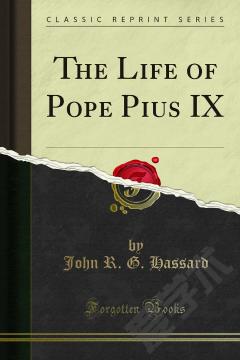
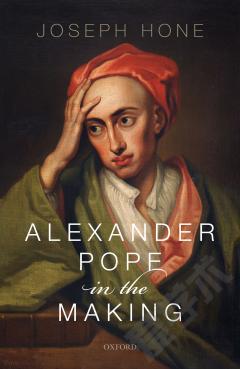
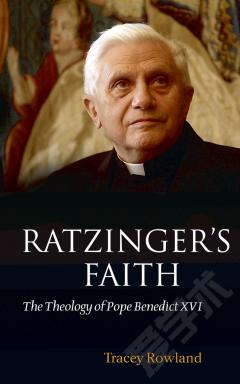
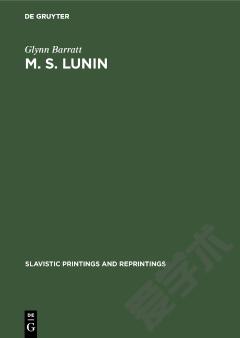
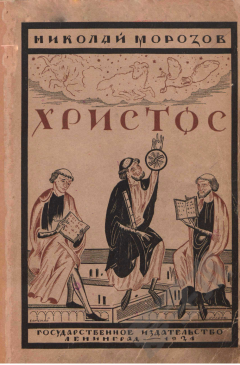

 京公网安备 11010802027623号
京公网安备 11010802027623号